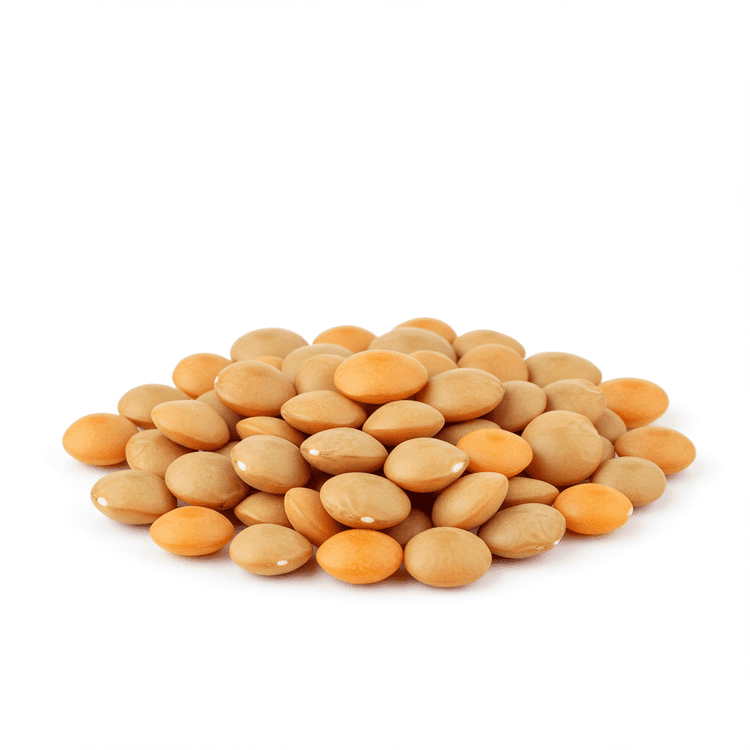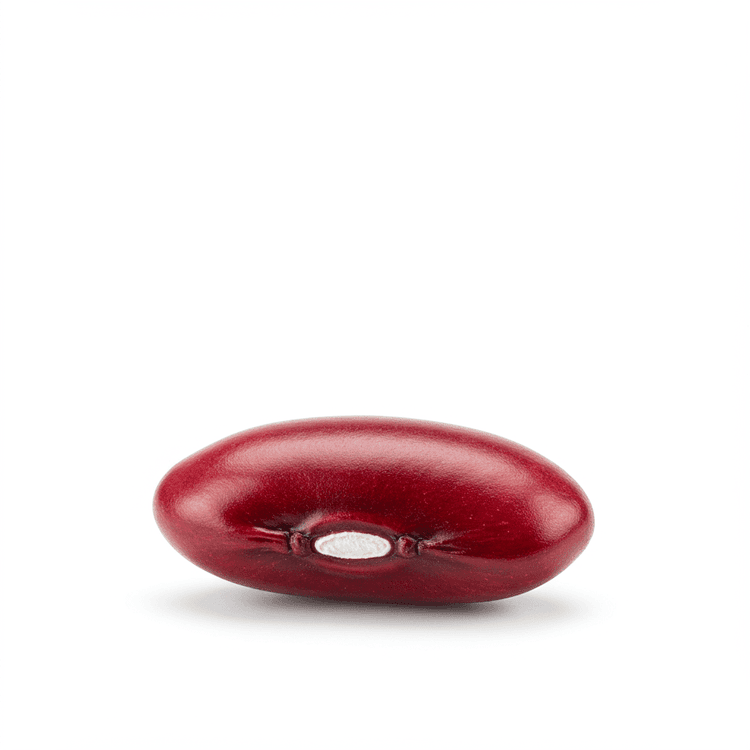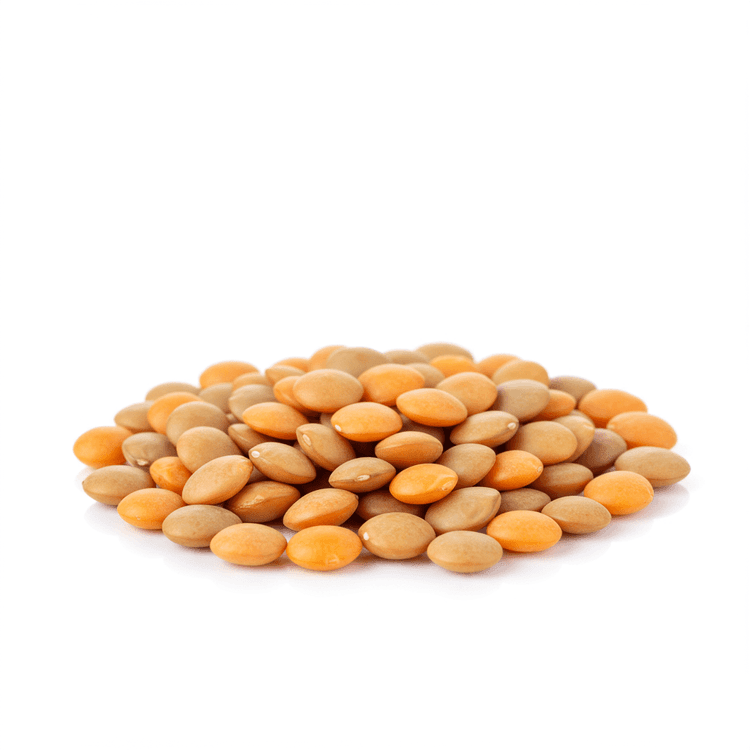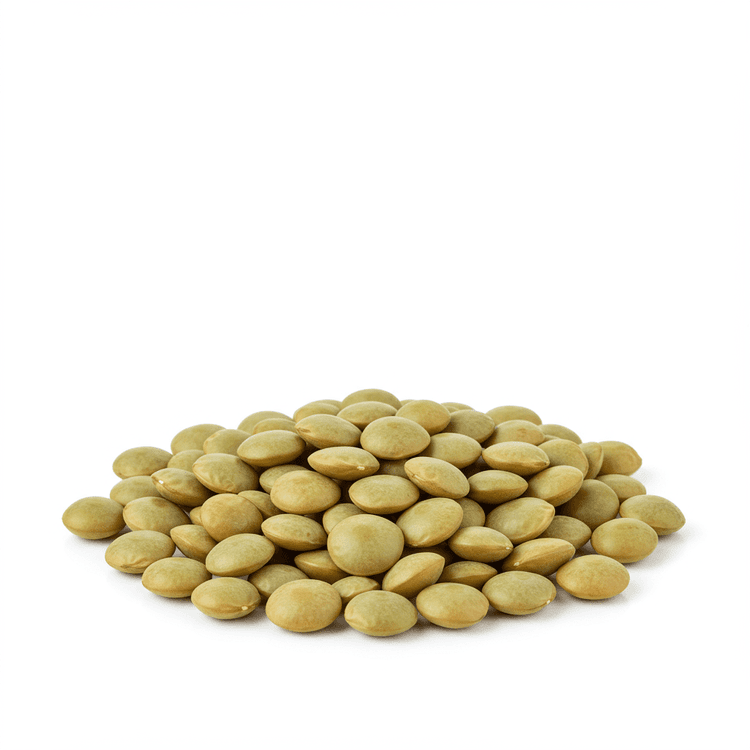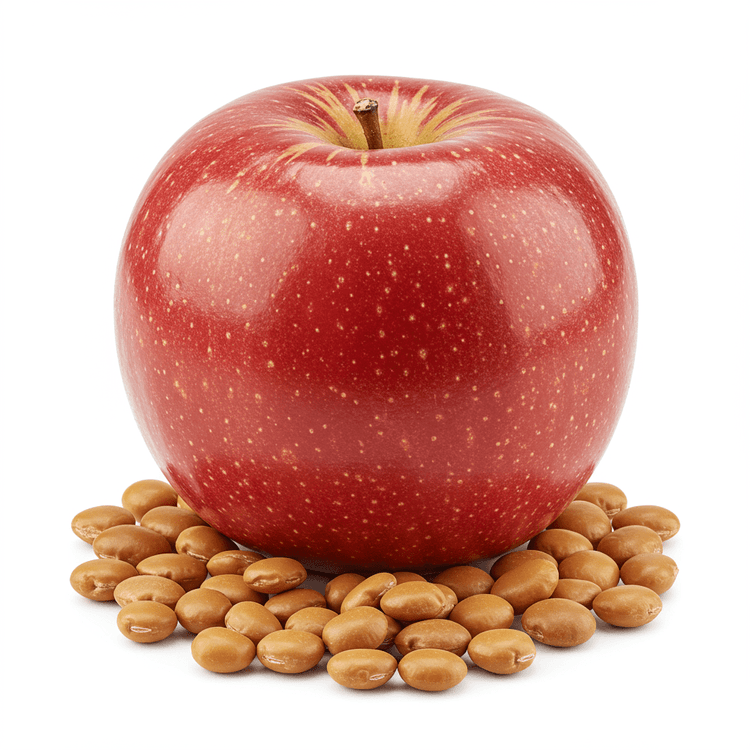
Maa Ki Dal
Maa ki dal, also known as black lentil or black urad dal, is a hearty and flavorful legume popular in Indian cuisine. These black lentils have a distinctive earthy flavor and a slightly creamy texture when cooked. The whole black lentils are small, round, and black in color, often with a whitish husk. After prolonged cooking, these lentils become tender and release starch which adds viscosity to the overall dish. This highly nutritious lentil is a great source of protein and fiber.
Common Uses
- Used to prepare Dal Makhani, a rich and creamy Indian lentil dish, where it's slow-cooked with butter and cream for a smooth texture and rich flavor.
- Used to thicken soups and stews adding depth and a slightly earthy flavor, particularly in vegetarian and vegan dishes.
- Can be sprouted and added to salads and stir-fries, offering a boost of protein and nutrients with a slightly crunchy texture.
- Ground into flour and used to make dosas and other savory pancakes, providing a unique flavor and slightly grainy texture.
- Used in various Indian curries and side dishes, simmered with spices and vegetables to create flavorful and nutritious meals.
Nutrition (per serving)
Nutrition (per serving)
Calories
341.0kcal (17.05%)
Protein
25.0g (50%)
Carbs
62.0g (22.55%)
Sugars
2.0g (4%)
Healthy Fat
0.8g
Unhealthy Fat
0.3g
% Daily Value based on a 2000 calorie diet
Nutrition (per serving)
Calories
341.0kcal (17.05%)
Protein
25.0g (50%)
Carbs
62.0g (22.55%)
Sugars
2.0g (4%)
Healthy Fat
0.8g
Unhealthy Fat
0.3g
% Daily Value based on a 2000 calorie diet
Health Benefits
- Rich in protein, essential for muscle building and repair.
- Excellent source of dietary fiber, promoting digestive health and preventing constipation.
- Good source of iron, helping to prevent iron deficiency anemia and boosting energy levels.
- Contains folate (vitamin B9), crucial for cell growth and development, especially during pregnancy.
- Provides complex carbohydrates for sustained energy release.
- May help lower cholesterol levels due to its soluble fiber content, supporting heart health.
Substitutes
Chefadora AI is here.
Experience smarter, stress-free cooking.
Storage Tips
Store maa ki dal in an airtight container in a cool, dry, and dark place. This helps to prevent moisture absorption and insect infestation. Properly stored, dried maa ki dal can last for up to 1-2 years. Check the dal periodically for signs of spoilage, such as discoloration or an off odor. For longer-term storage, consider freezing the dal in a freezer-safe container.
Marnirni-apinthi Building, Lot Fourteen,
North Terrace, Adelaide, South Australia, 5000
Australia
